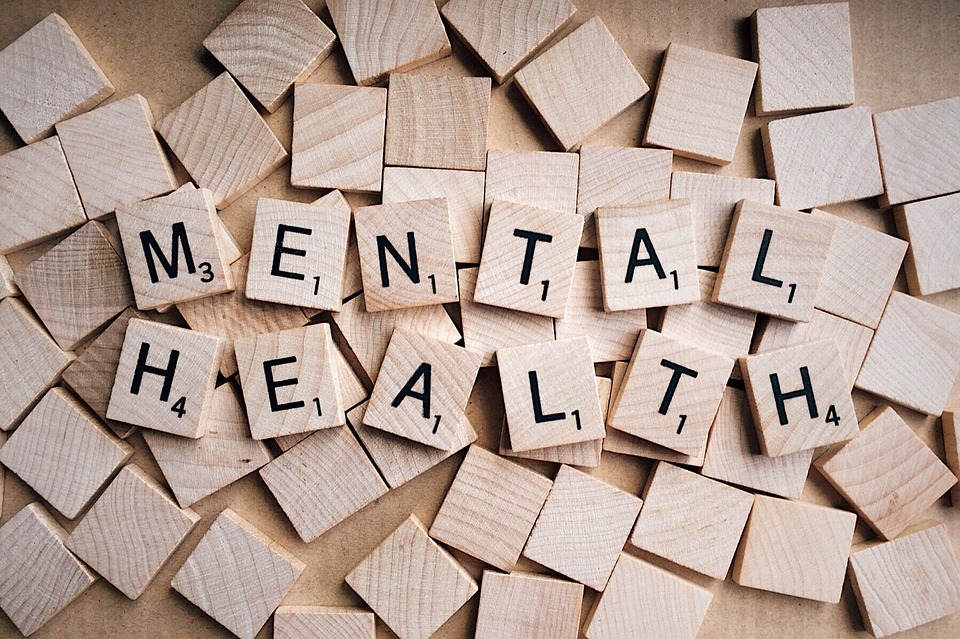While the nation celebrates Black History Month, it is important to reflect on some of the issues that have disproportionately affected people of color in America.
The National Alliance on Mental Illness(NAMI) reports that African Americans are 20% more likely to be living with serious mental illness but less likely to receive treatment for their illnesses compared to whites. This disparity extends beyond mental illness–African Americans are less likely than white Americans to be insured, which contributes to this inability to access care. There are also higher rates of chronic health problems experienced by African Americans compared with non-Hispanic whites, including high blood pressure and diabetes. Additionally, they are four times more likely than white adults to report having had a heart attack, twice as likely as white adults to have had a stroke, and are 50% more likely than white adults to be obese.
Health conditions that affect Black Mental Health disproportionately can be traced back to socioeconomic inequalities. Many of these disparities begin early in life when low-income children are more likely to have inadequate access to health care services, making it difficult for health issues to be detected or treated when they first arise. This contributes not only to the physical well-being of African Americans but also their mental wellness since growing evidence suggests that childhood adversity can alter brain development and increase the risk for mental illness later in life. Unfortunately, children who experience chronic trauma such as violence or sexual abuse are at an increased risk for developing major depressive disorders and posttraumatic stress disorder (PTSD) as adults.
Beyond the consequences of experiencing trauma, there is ongoing discrimination and racism that causes African Americans to experience stress and anxiety. The ongoing racial discrimination faced by people of color may also contribute to poor Black Mental Health among African American adults. Often, this discrimination is subtle and not recognized or acknowledged; however, it can be extremely detrimental if left unaddressed. In fact, one study found that recent experiences with everyday discrimination were associated with a higher prevalence of major depressive disorder (MDD), generalized anxiety disorder (GAD), posttraumatic stress disorder (PTSD), and alcohol dependence. Results from another study indicated that perceived discrimination mediated the association between race/ethnicity and PTSD symptoms for Black Americans. These findings suggest that exposure to discrimination and racism may contribute to the prevalence of mental health issues among African American adults.
The unique stressors that young Black boys and men face can also affect their mental health. African American males between the ages of 15 and 19 are nine times more likely than white males in the same age group to be victims of homicide, which is one of the leading causes of death for this demographic. Even when they survive, Black males experience higher rates of PTSD compared with other racial groups. Early negative experiences such as abuse or neglect increase a child’s risk for developing cognitive and emotional problems that persist into adulthood.










